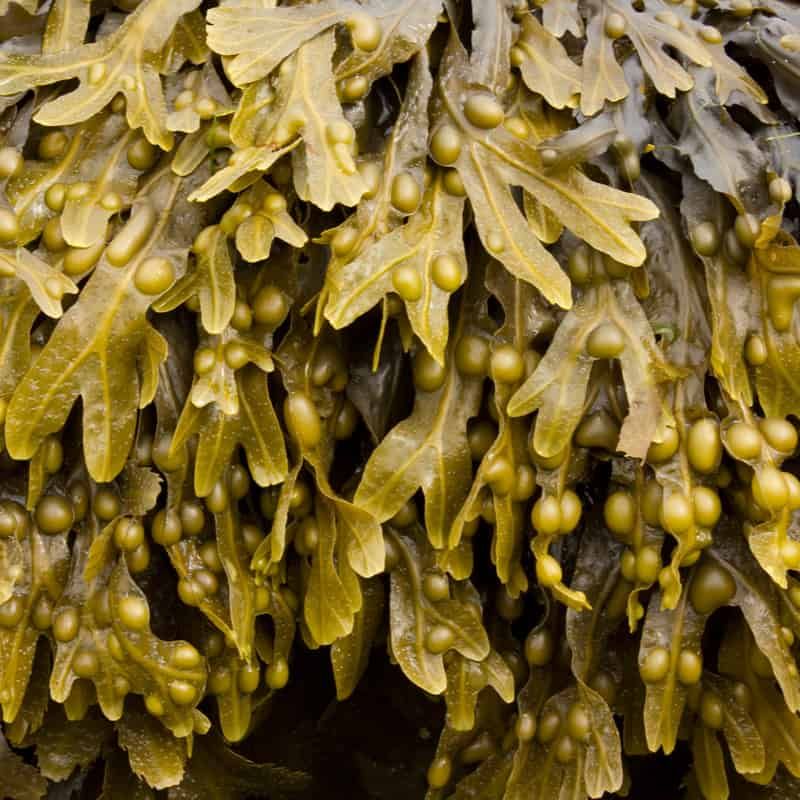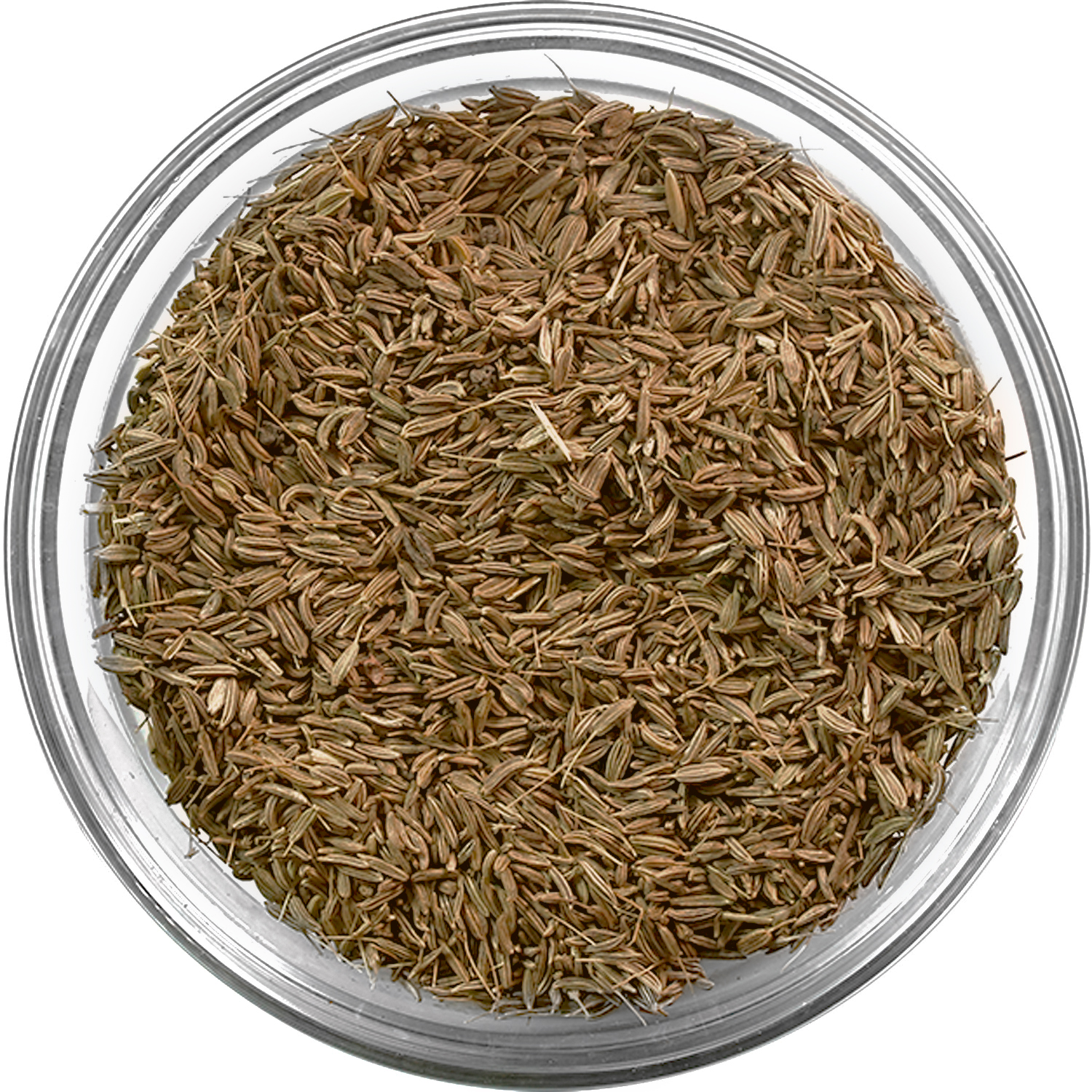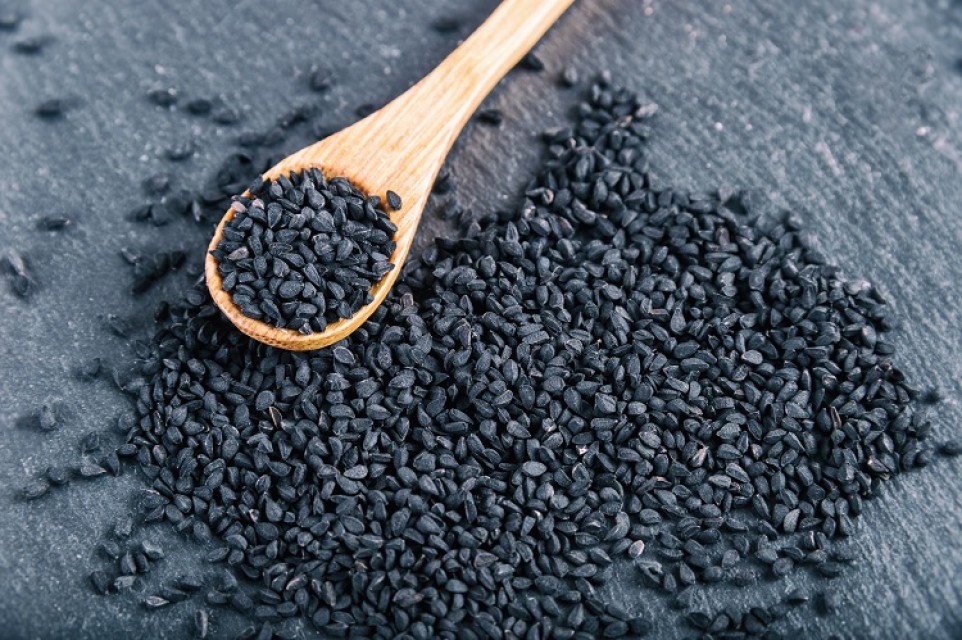Introduction:
Bladderwrack (Fucus vesiculosus) is a type of seaweed commonly found along the coasts of the North Atlantic and Baltic Sea. It has a long history of traditional use in various cultures for its potential health benefits. This comprehensive guide aims to provide an overview of the benefits, uses, and potential side effects of bladderwrack.
Nutritional Profile:
Bladderwrack is rich in essential nutrients, including iodine, potassium, magnesium, calcium, iron, and vitamins A, C, and B complex. Its high iodine content makes it particularly beneficial for maintaining proper thyroid function.
Thyroid Health:
One of the primary benefits of bladderwrack is its potential to support thyroid health. The high iodine content in bladderwrack helps in the production of thyroid hormones, which are crucial for regulating metabolism, energy levels, and growth. However, it is important to note that excessive iodine intake can have adverse effects on thyroid function, so it is advisable to consult a healthcare professional before using bladderwrack for thyroid-related concerns.
Weight Management:
Bladderwrack is often included in herbal weight loss supplements due to its potential to support healthy metabolism and promote weight management. Some studies suggest that the fucoxanthin compound found in bladderwrack may help increase fat burning and reduce fat accumulation. However, more research is needed to confirm these effects and determine the optimal dosage.
Antioxidant and Anti-inflammatory Properties:
Bladderwrack contains various antioxidants, such as phlorotannins, which help protect cells from oxidative stress caused by free radicals. These antioxidants also exhibit anti-inflammatory properties, potentially benefiting conditions like arthritis and inflammatory bowel disease. However, further research is necessary to establish the specific mechanisms and effectiveness in human subjects.
Digestive Health:
Traditionally, bladderwrack has been used to support digestive health. It contains soluble fiber, which aids in maintaining healthy bowel movements and preventing constipation. Additionally, the alginates found in bladderwrack may help protect the stomach lining and alleviate symptoms of gastritis and acid reflux. However, individuals with pre-existing gastrointestinal conditions should consult their healthcare provider before using bladderwrack.
Skin Health:
Bladderwrack has been used in skincare products for its potential benefits to the skin. Its antioxidant properties may help protect against premature aging by reducing the damage caused by free radicals. The seaweed’s natural moisturizing properties can also promote hydration and improve the overall appearance of the skin. However, it is important to note that some individuals may be allergic to bladderwrack, so a patch test is recommended before using it topically.
Other Potential Uses:
Bladderwrack has been traditionally used for various other purposes, such as promoting hair growth, supporting immune function, and improving cognitive function. However, more scientific research is needed to validate these claims and determine the optimal dosage and usage guidelines.
Side Effects and Precautions:
While bladderwrack offers potential health benefits, it is essential to be aware of possible side effects and precautions:
Iodine sensitivity: Some individuals may be sensitive or allergic to iodine. Excessive iodine intake can lead to thyroid dysfunction or iodine-induced hyperthyroidism. People with thyroid disorders, iodine allergies, or iodine sensitivity should avoid bladderwrack or consult a healthcare professional before use.
Heavy metal contamination: Seaweeds, including bladderwrack, have the potential to absorb heavy metals from their environment. It is important to choose reputable sources that ensure product safety and quality.
Drug interactions: Bladderwrack may interact with certain medications, such as anticoagulants, anti-thyroid medications, and medications for high blood pressure. It is crucial to consult a healthcare professional before using bladderwrack if taking any medications.
Pregnancy and breastfeeding: Pregnant or breastfeeding women should avoid bladderwrack due to its iodine content, as excessive iodine intake can affect fetal development or interfere with breastfeeding.
Conclusion:
Bladderwrack, a type of seaweed, has a long history of traditional use and potential health benefits. It may support thyroid health, weight management, antioxidant protection, digestive health, and skin health. However, it is important to exercise caution, be aware of potential side effects, and consult a healthcare professional before using bladderwrack, especially for individuals with pre-existing medical conditions or those taking medications. Further scientific research is needed to fully understand the efficacy and safety of bladderwrack for various uses.
- The Ultimate Review of Top CBD Capsules By Imbue Botanicals - September 24, 2024
- Top CBD Gummies from Just CBD: A Fun, Flavorful Review & Comparison - August 21, 2024
- Vaporizers By Dankstop-Comprehensive Review of Top Vaporizers - March 15, 2024




